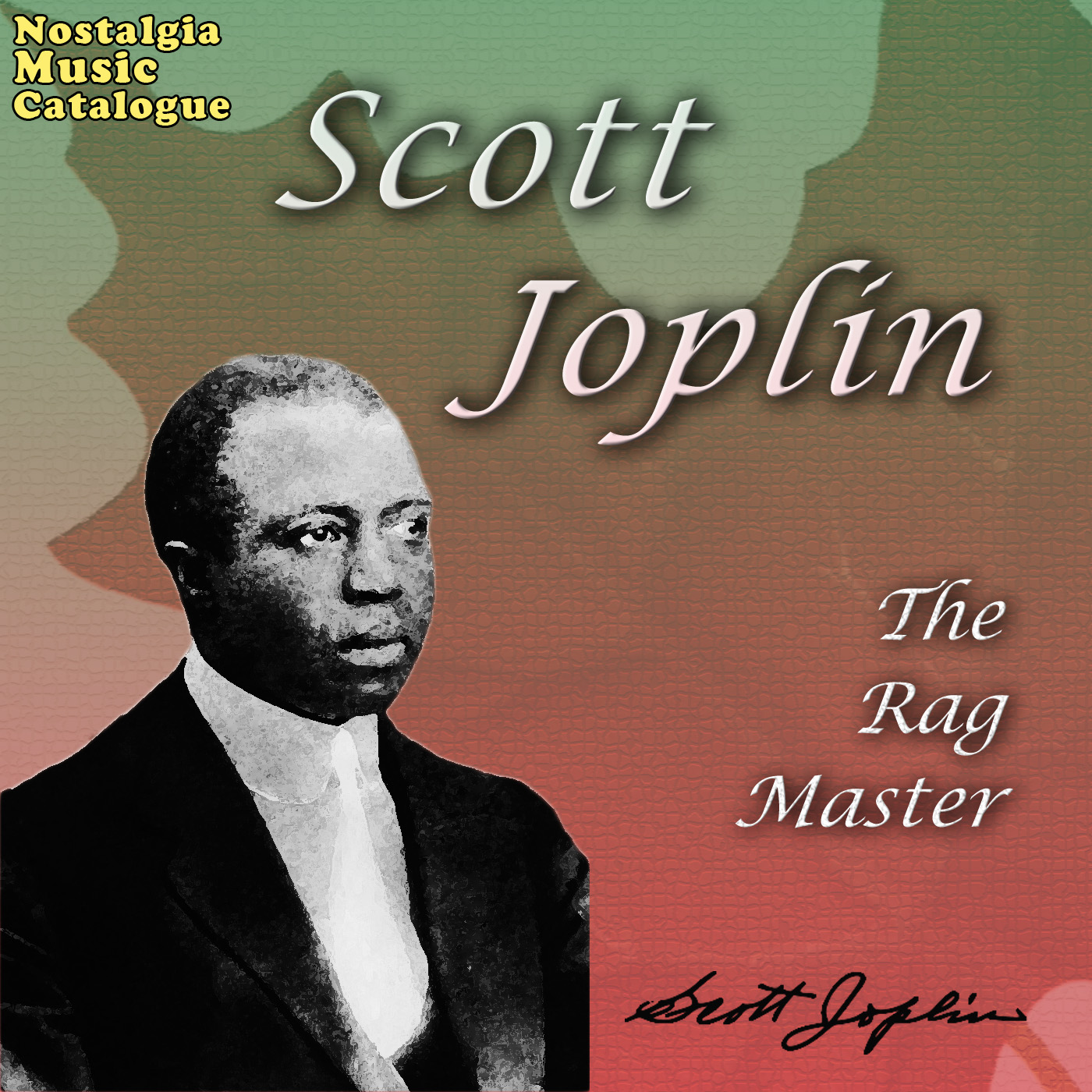

In 2020, he has nearly 200,000 monthly listeners on Spotify, where one of his most popular tracks is an arrangement by violin virtuoso Itzhak Perlman of ‘The Ragtime Dance’ for violin. Joplin died in a mental facility, convinced he had failed at his goal – to become an African American composer of “serious music”. There are no existing manuscripts in his hand, and only three photographs of him have survived. We have little left of the man behind the music. Then in 1973, came Academy Award-winning film The Sting, that used several of Joplin’s compositions including ‘The Entertainer’ and ‘Solace’. His untimely death, caused by syphilis which descended into dementia, marked the end of ragtime and a sad lapse in interest around his music.īut his compositions were rediscovered and had a second wave of popularity in the early 1970s, when Joshua Rifkin released an extremely successful album of his pieces. Treemonisha: Overture (Scott Joplin) Joplin’s legacy Read more: Meet George Walker, the first Black composer to win the Pulitzer Prize for Music > “He found it very difficult to get his work performed.” “Joplin was way ahead of his time,” Henry adds. The Complete Rags of Scott Joplin Review by Scott Yanow All of Scott Joplin s rags (other than his collaborations, which are on a different and complementary disc) are on this two-CD set. Later that year, he published Maple Leaf Rag in Sedalia with John Stark Maple Leaf Rag became the most famous and most imitated instrumental rag of the period.

He writes for The Times: “What is great about Treemonisha is that the heroine does not die like most classical leading ladies – by the knife, by poison or yearning for a man – but becomes a leader of the community. Joplin published his first rag, Original Rags, early in 1899, in Kansas City. Its moral message is education as a fundamental right for all African Americans.Ĭomedian Lenny Henry recently championed the opera in a documentary on forgotten Black classical composers.

The opera, a celebration of African American culture, combines the Romanticism of the early 20th century with Black folk song tradition. A music historian at the time called the performance a “semimiracle”. Treemonisha, sometimes erroneously referred to as a “ragtime opera”, was never staged during Joplin’s lifetime – only being confirmed in its entirety in 1972, by the Houston Grand Opera. But he also wrote two operas, one – Treemonisha (1911) – for which he was posthumously awarded the Pulitzer Prize in 1976. And The Maple Leaf Rag was all that he claimed it changed his life, and it changed American music. History has remembered Joplin as the “ragtime guy”. Scott Joplin, riding high in the early flush of his success, wrote the jaunty words on the preceding page for a song that he fashioned in 1904 from his sensational piano rag hit of 1899. Scott Joplin's 'The Entertainer' played on a 1915 piano Joplin’s operas


 0 kommentar(er)
0 kommentar(er)
